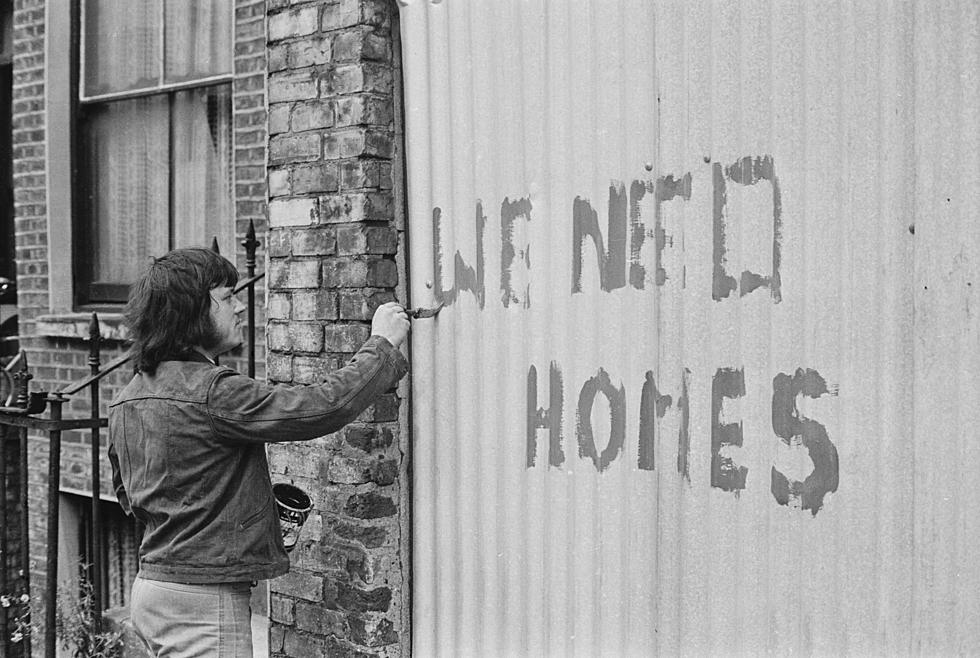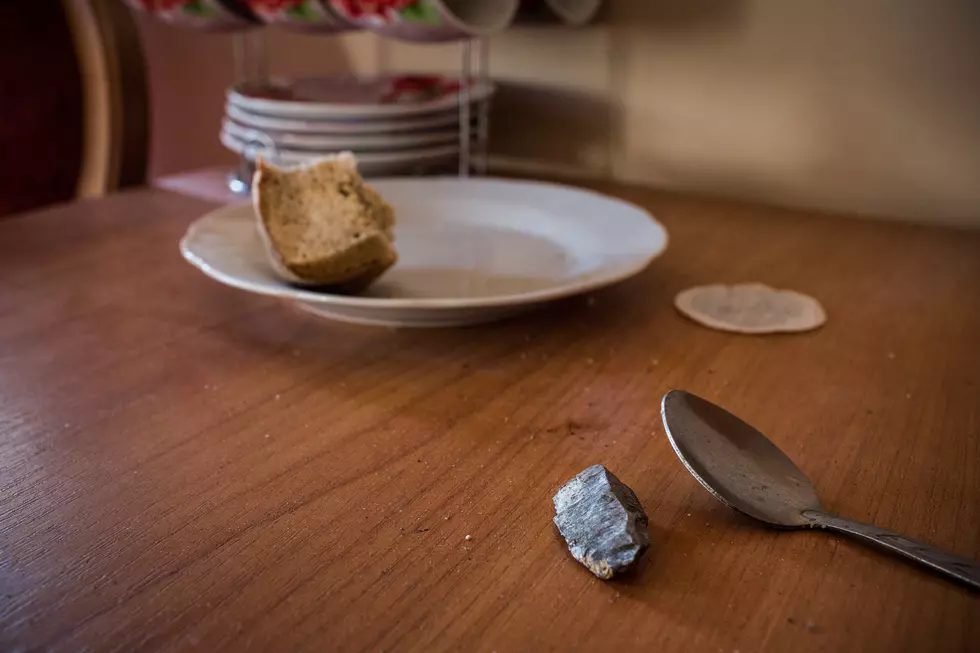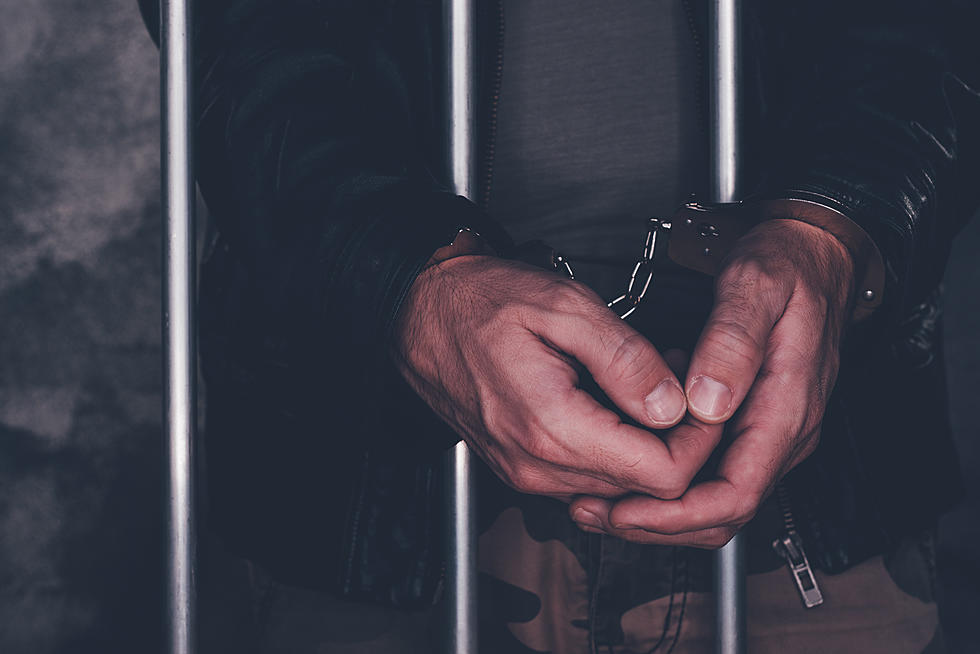
Do Squatters Have More Rights Than Homeowners In New York?
Recently, a fed-up homeowner was arrested after trying to rid her home of squatters. Yes, you read that right, she was ARRESTED! The woman from Queens was taken into custody on charges of unlawful eviction after trying to remove squatters from her late parents' home. The interaction between the rightful owner, Adele Andaloro, and the squatters was caught on camera by ABC 7 News.
Credit: Eyewitness News ABC7NY via Youtube
Do Squatters Have More Rights Than Legal Owners In New York?
Based on the latest interaction, it might seem that way. Can squatters legally take up tenancy in your home, building, or property in New York State like the squatters did to Adele? Short answer, YES!
It might be hard to comprehend how someone could get a court to legally give rights to your property to someone, but it happens through tenants' rights. If squatters produce fake leases or even a lease they believed was real, they are no longer criminal trespassers. That's when your case must go to civil court, not criminal. Here's how it works.
How Does New York State Define A Tenant?
In New York State, a person can claim they are a tenant, even without a written lease (depending on how long they have been staying within a property - see more on that below). According to New York's Attorney General Letitia James,
A lease is a contract between a landlord and a tenant that contains the terms and conditions of the rental. It cannot be changed while it is in effect unless both parties agree. Leases for apartments that are not rent stabilized may be oral or written.
In New York State, a person who has occupied the property for 30 days becomes a tenant. Once a squatter becomes a "tenant," you cannot just ask them to leave. They will have tenant's rights and you will have to legally evict them before they can be removed from your home.
Apartments.com says (this is directed to the landlord, but applies in this situation),
If it becomes clear to you the guest is helping the tenant pay rent (while also living there), is receiving mail at the property, spends every night at the property, has moved in furniture or pets, or is making maintenance requests, then it’s likely this guest has established residency in your property without your approval.
How Do You Legally Get Rid Of Your Unwanted Tenants?
Once a squatter has established tenancy in your home, you can only remove them through a legal eviction if they don't pay rent. Or you would need to give them written notice to vacate the property,
If you have lived in your apartment for less than one year, or have a lease for less than one year, your landlord must provide you with 30 days' advanced notice before raising your rent or not renewing your lease.
A Squatter Can Take Ownership Of Your Property In New York
If a squatter has his or her eye on your property and moves in, after 10 years of occupying it continuously, they could be considered the legal owner. According to Legal Beagle,
A person taking adverse possession of a home or land occupies someone else's property and, through this, can obtain squatter's rights. In New York State, a squatter who lives on property openly and without permission can claim adverse possession if they do so for 10 years uninterrupted.
Read More: Can You Legally Kick Your Ex Out If You Live Together In New York State?
Scary, right? But I'm sure you're thinking that 10 years is a long time and you would kick them off your property or out of your house by that time. But, they can become classified as a tenant, with rights, after just 30 days. Then the burden falls on you to prove that you are indeed the legal owner.
To reclaim it, the owner must prove their legal right to it and evict the squatter with due process, a key tenant right. Eviction is a lengthy and expensive process. In some instances, landlords will pay off a squatter to avoid costly legal fees.
Yes, you read that right. An individual can inhabit your property without your permission and then force you to get rid of them through the legal eviction process or by paying them to leave. Unfortunately, they are not considered a trespasser because they seek the legal right to live there.
There is some good news though. Before a person can try to claim your property as their own through adverse possession, they must:
- Live in the home or on the property openly, not hiding from the owner or landlord.
- Take hostile possession,
Hostile possession occurs under three possible circumstances: 1) Simple occupation, which means squatters inhabit the property without knowing who owns it. 2) The person shows an awareness of trespassing, meaning they knowingly break the law by being on the property. 3) They do not know the property's legal status and squat as a good-faith mistake.
- Occupy the property for 10 years. They cannot even move from it for a few months or the 10-year period will restart.
- Claim the property exclusively. They cannot share it in any way.
- Physically live there and act as the owner - maintaining the property.
- Pay property taxes on the property for 10 years.
An owner or landlord cannot just kick a squatter out, they must go through the legal eviction process. The best protection for owners is to secure the property, post no trespassing signs, and check on vacant properties regularly and less than every 30 days since a squatter can claim tenancy after 30 days.

21 Famous Upstate NY Homes You've Probably Never Heard Of
Gallery Credit: Chuck D'Imperio
$200 Million Home In New York Is Over 1,400 Ft Tall!
Gallery Credit: Zillow
More From 93.7 WBLK









